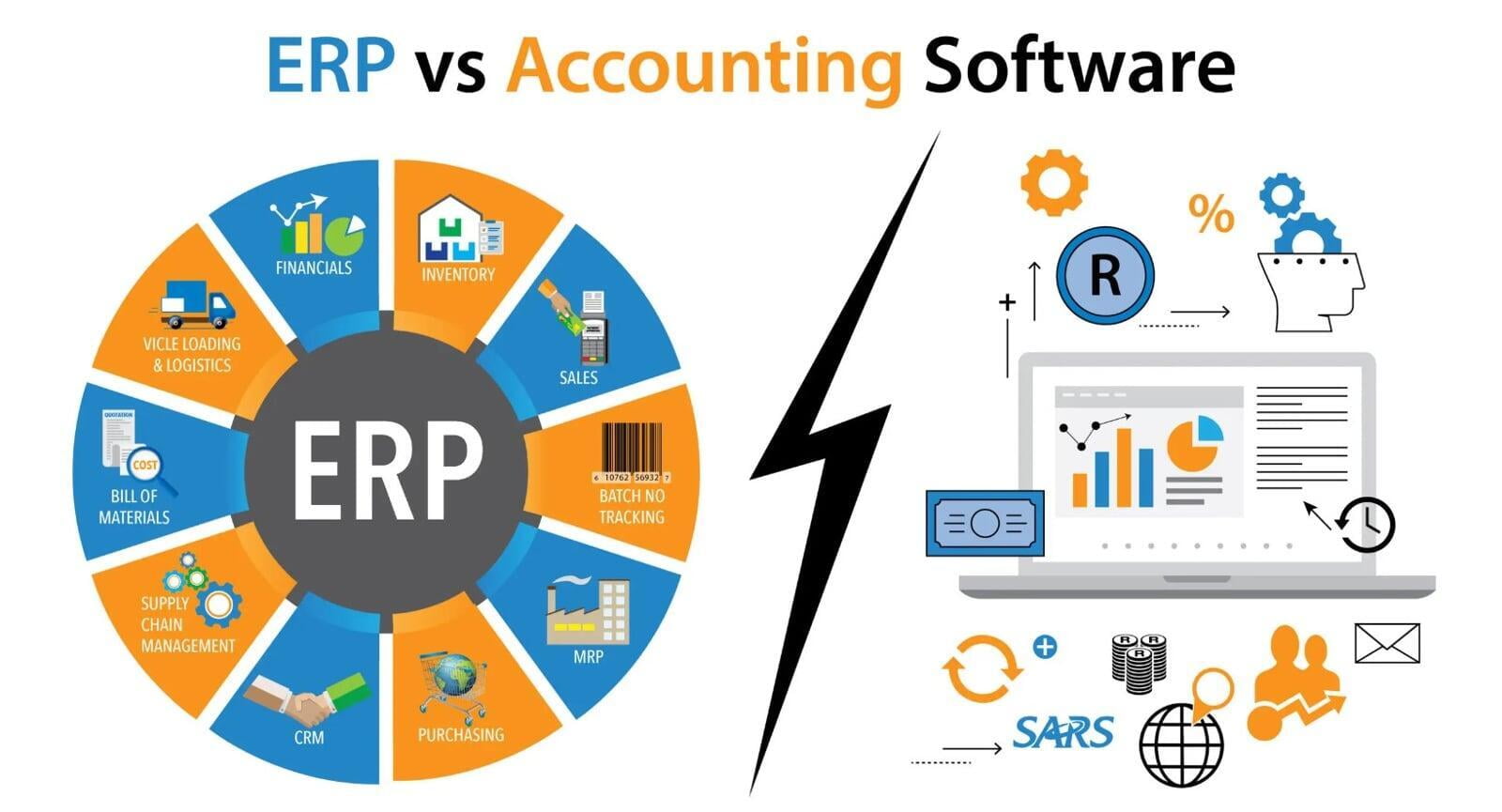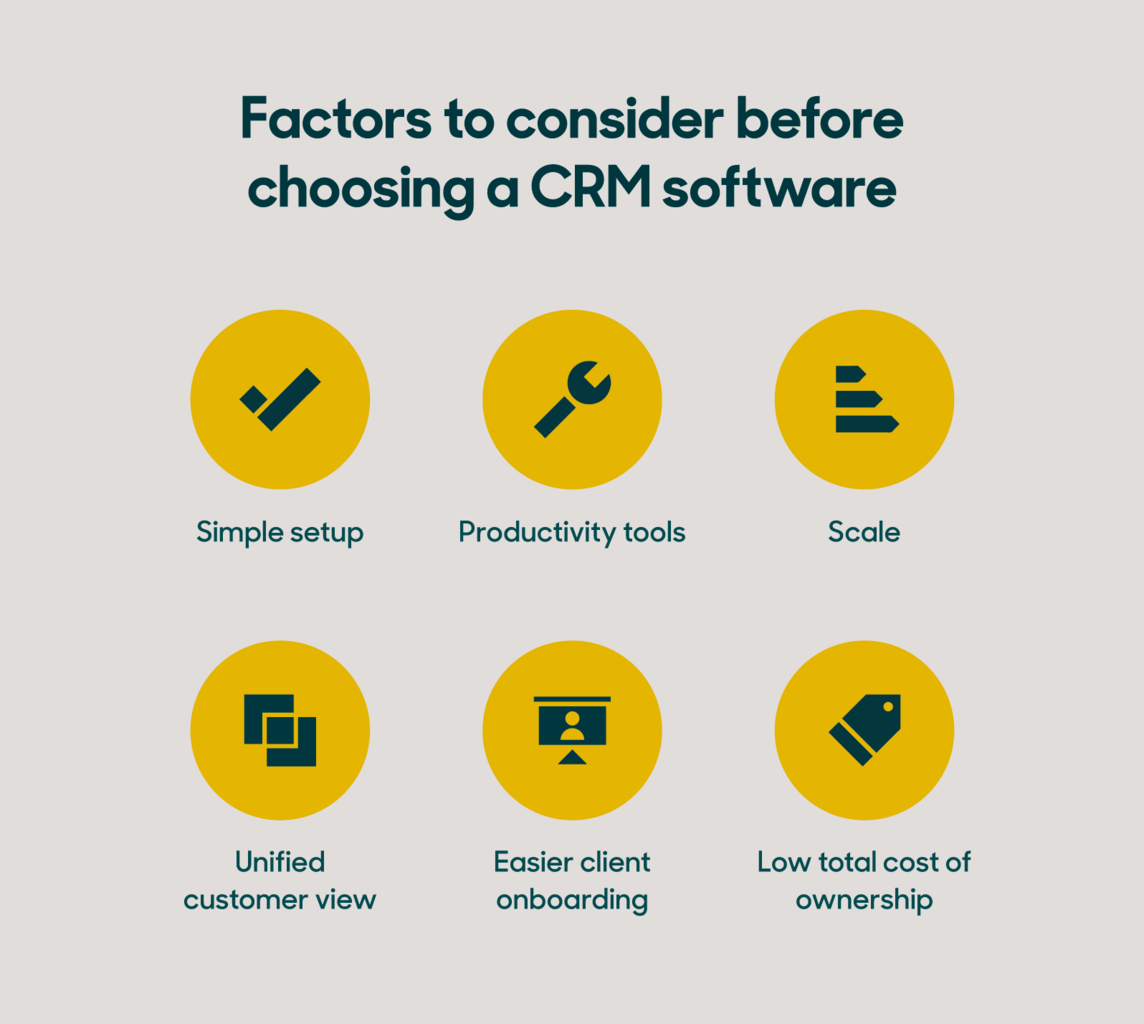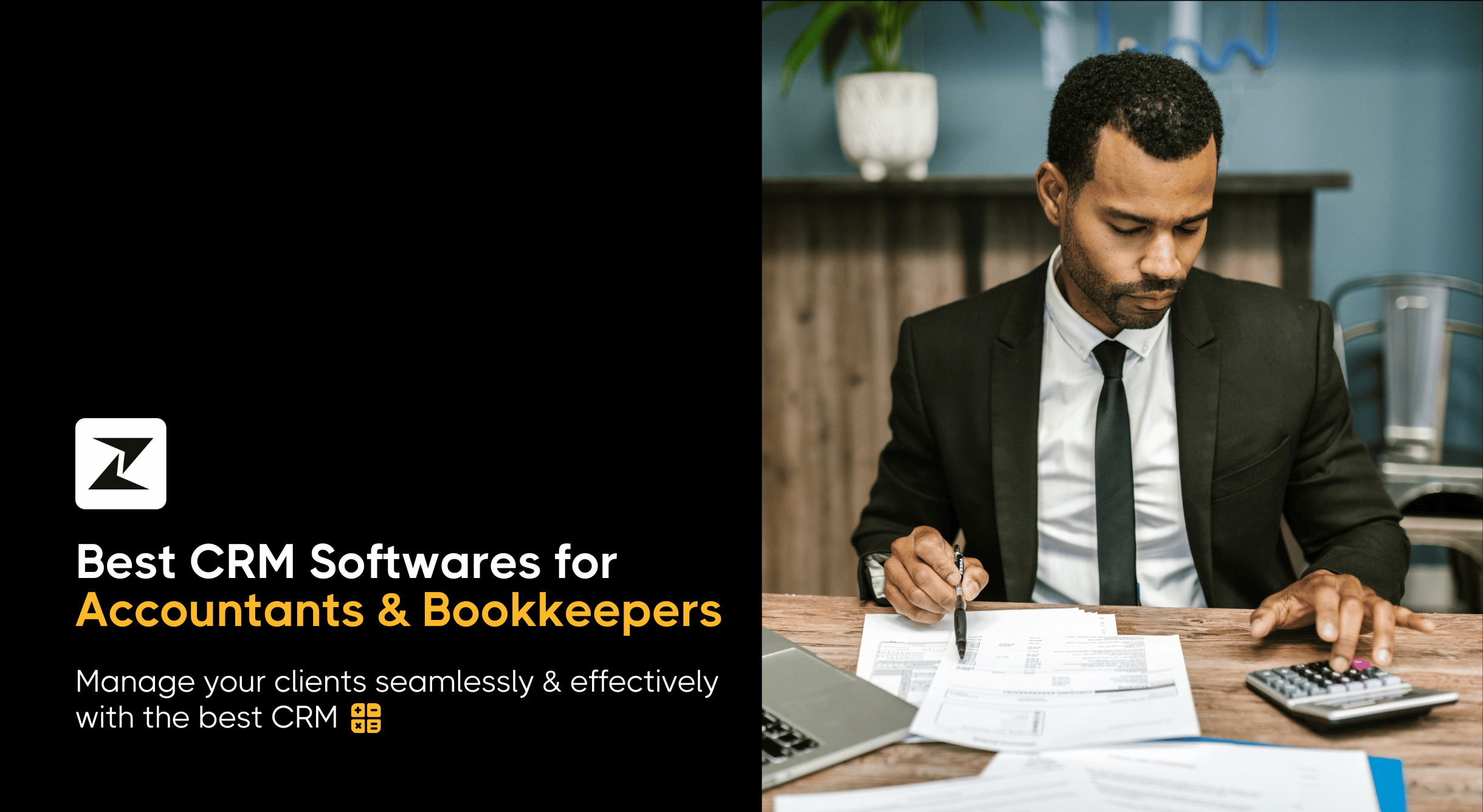Best CRM and accounting software take center stage in modern business operations, offering a seamless way to manage customer relationships and financial aspects. This comprehensive guide explores the key features, integration benefits, and challenges businesses may encounter, ensuring a deep understanding of these vital tools for success.
Overview of CRM and Accounting Software: Best Crm And Accounting Software

Customer Relationship Management (CRM) software is a tool that helps businesses manage interactions with current and potential customers. Key features of CRM software include contact management, sales tracking, lead management, and customer service support. On the other hand, accounting software is designed to streamline financial tasks such as invoicing, payroll, and expense tracking. Key features of accounting software include general ledger management, budgeting, and financial reporting.
Features to Consider in CRM Software

- Contact Management: Allows businesses to store and organize customer information.
- Sales Tracking: Helps monitor sales activities and pipeline progress.
- Lead Management: Enables tracking and nurturing of potential leads.
- Customer Service Support: Provides tools for managing customer inquiries and issues.
When choosing CRM software, consider scalability and customization options to ensure it can grow with your business needs. A user-friendly interface is crucial for effective adoption and usage by your team.
Features to Consider in Accounting Software, Best crm and accounting software

- General Ledger Management: Tracks financial transactions and account balances.
- Budgeting: Helps create and monitor financial budgets for better planning.
- Financial Reporting: Generates reports on income statements, balance sheets, and cash flow.
Look for accounting software that offers automation features and integration capabilities to streamline financial processes and improve accuracy.
Integration of CRM and Accounting Software
Integrating CRM and accounting software provides businesses with a unified view of customer and financial data. This integration leads to improved communication, efficiency, and decision-making. Platforms like Salesforce and QuickBooks offer seamless integration between CRM and accounting functions. However, challenges may arise during the integration process, such as data compatibility issues and training requirements.
Closing Notes
In conclusion, the integration of CRM and accounting software proves to be a game-changer for businesses, enhancing efficiency and productivity. With the right tools in place, companies can streamline their operations and achieve sustainable growth in today’s competitive market landscape.
Frequently Asked Questions
How can CRM software benefit businesses?
CRM software helps businesses track customer interactions, improve relationships, and boost sales through targeted marketing strategies.
What are some essential features to look for in accounting software?
Key features in accounting software include invoicing, financial reporting, budgeting, and tax management capabilities.
Is it necessary to integrate CRM and accounting software?
Integrating CRM and accounting software allows for a seamless flow of data, enhancing decision-making processes and overall business efficiency.
